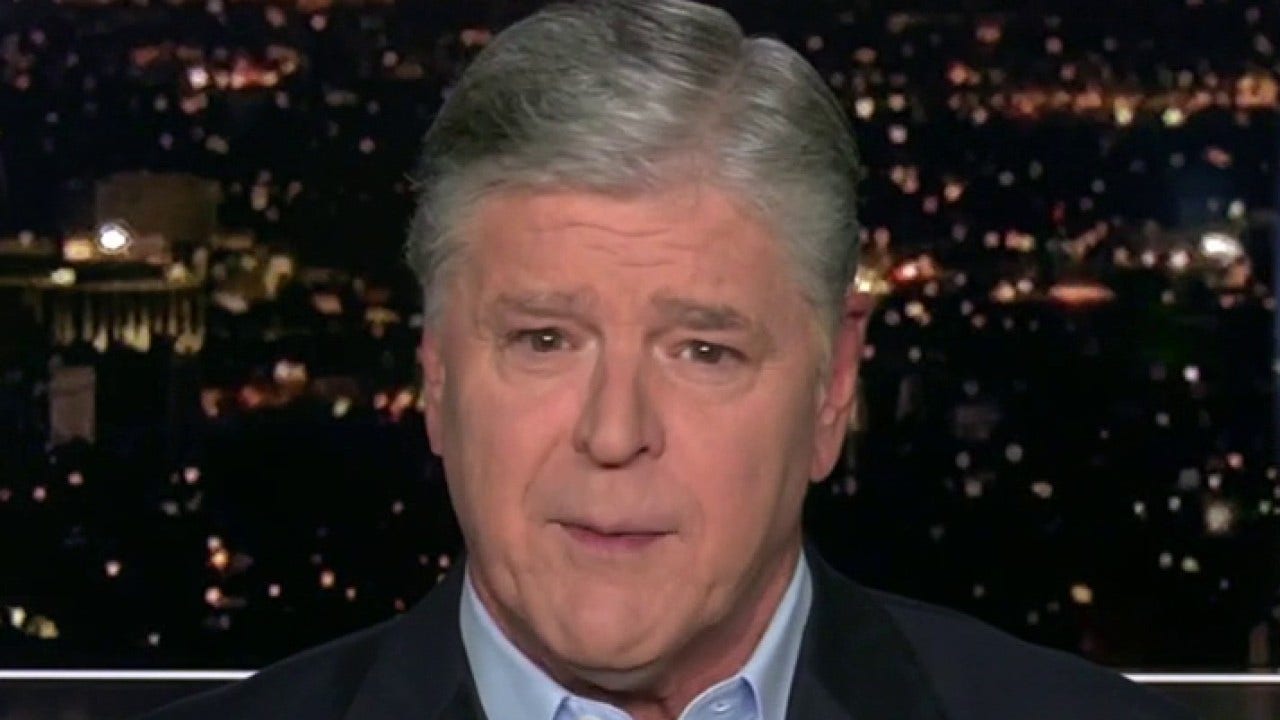Republican Bernie Moreno, a Colombian immigrant who became a high-profile Cleveland car dealer, has unseated Sen. Sherrod Brown, D-Ohio, NBC News projects.
Moreno, who was endorsed by former President Donald Trump this year in the midst of a heated primary, will be the first person of color to represent Ohio in the U.S. Senate.
His victory is a major boost for Republicans in their quest to regain control of the chamber, where Democrats held a one-seat advantage heading into Election Day. Republicans flipped another Democratic-held seat in a state Trump carried easily, West Virginia, on Tuesday and were aiming to capture another in Montana.
Moreno’s victory also ends, for now, the 50-year political career of Brown, first elected as a state representative in the post-Watergate era.
Brown was the last of a dying breed in Ohio: a Democrat able to win more than one statewide election. The state, once a hotly contested battleground that twice backed Barack Obama for president, is now a stomping ground for Republicans, who have a decisive lock on all three branches of government and dominate the state’s congressional delegation.
A prominent businessman and civic leader in the Cleveland area, Moreno, 57, spent millions of his own dollars on the campaign but relied heavily on outside Republican groups that spent tens of millions more on advertising hammering Brown.
The race hinged on Brown’s familiarity, which the newcomer Moreno framed as a liability.
For decades Brown had fashioned himself as an unapologetic liberal and progressive tightly aligned with working-class voters, particularly organized labor. His staunch opposition to the North American Free Trade Agreement, which has been blamed for accelerating the decline of U.S. manufacturing, long ago established populist credentials that had come in handy during the Trump era.
And though Brown’s ads de-emphasized his political party while accentuating areas where he and Trump found common cause, the GOP’s ads dismissed Brown as a career politician too beholden to President Joe Biden and Vice President Kamala Harris. Moreno also tightly aligned himself with Trump, highlighting the former president’s endorsement.
The messaging strategy, rooted in Trump’s Buckeye State popularity, bolstered Moreno even as Brown and the Democrats sought to exploit his shortcomings.
Moreno struggled to match Brown in fundraising, ensuring that Republican super PACs would have to shoulder a heavy load of the TV advertising — at rates higher than those afforded to candidates themselves. And Moreno faced relentless scrutiny over how he characterized his family’s emigration from Colombia to the U.S. — which was not the rags-to-riches tale Moreno sometimes made it out to be. Democrats also characterized him as an unprincipled businessman who mistreated his employees, citing past lawsuits against his companies alleging workplace discrimination and overtime pay violations.
Moreno’s staunch anti-abortion views were also an issue in a state where voters last year overwhelmingly codified abortion rights in their constitution. Moreno was one of the prominent Republicans who led the charge against that ballot measure. Even after its passage, Moreno as a Senate candidate voiced support for federal restrictions on the procedure.
Perhaps most problematic for Moreno was video of him at a September campaign event in which he mocked single-issue voters on abortion, questioning why it was a concern “especially for women that are, like, past 50.” Even Republicans cringed after the NBC News affiliate in Columbus aired the story.
“Are you trying to lose the election?” Nikki Haley, the former South Carolina governor and United Nations ambassador, wondered in a social media post.
In the end, it appeared to matter little.

 2 settimane fa
8
2 settimane fa
8















 English (US) ·
English (US) ·